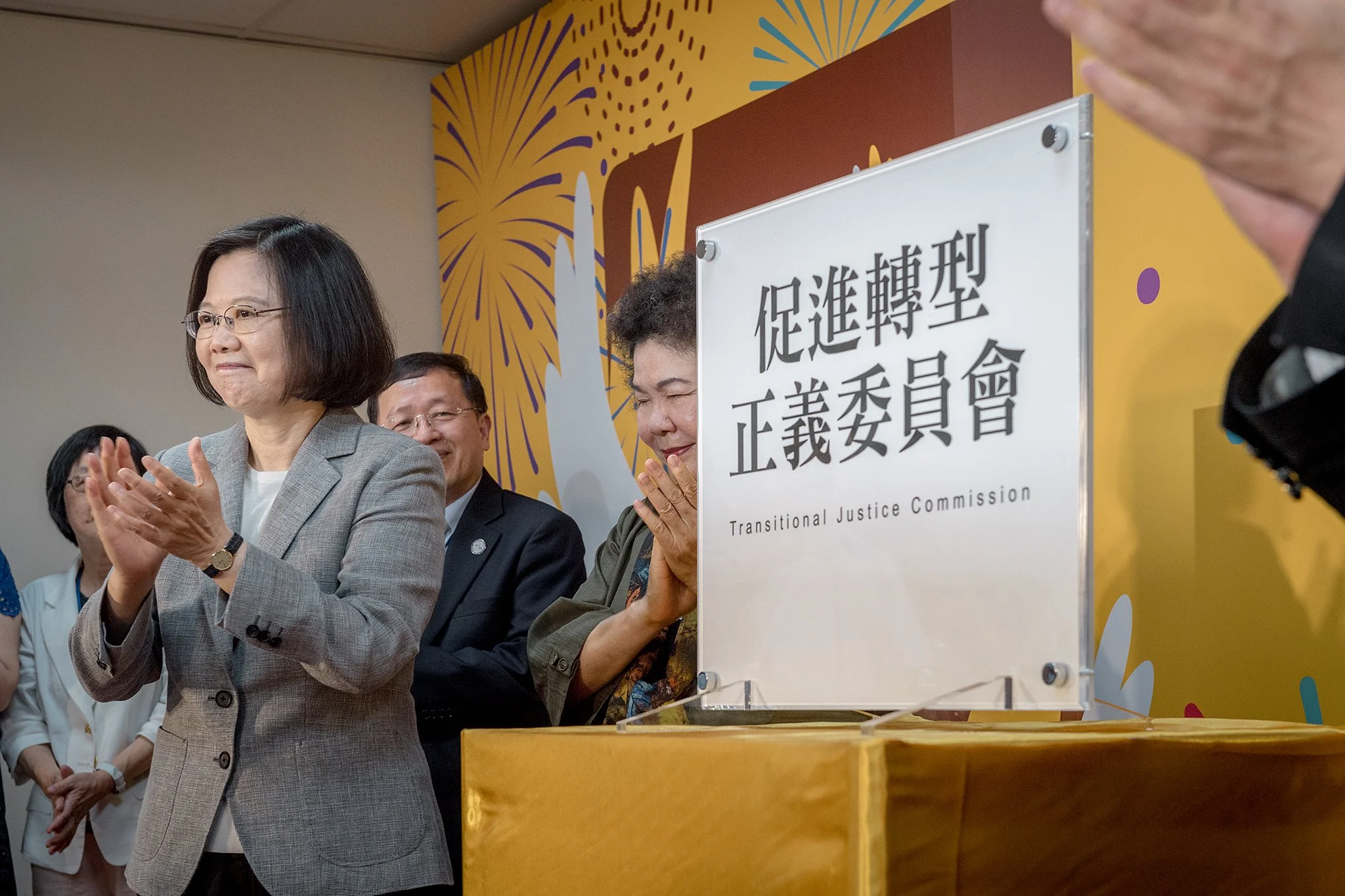2022年1月6日,香港民主派初選大搜捕屆滿一週年。面對身處港版《國安法》陰霾下的香港,臺灣的轉型正義經驗有什麼參考的價值?我們很榮幸能訪問黃丞儀教授,探討臺灣解嚴三十多年來轉型正義進程與中華民國憲政體制之間錯綜復雜的關係。在訪談中,黃教授將由法律與政治的辯證過程,討論當前臺灣轉型正義面臨的種種問題、對歷史真相的還原,以及對未來的展望。
The Taiwan Gazette translates and publishes original reporting from Taiwan, Hong Kong and China. Our goal with the platform is simple: We want original reporting from the Sinosphere to have a wider impact on global civil society.







